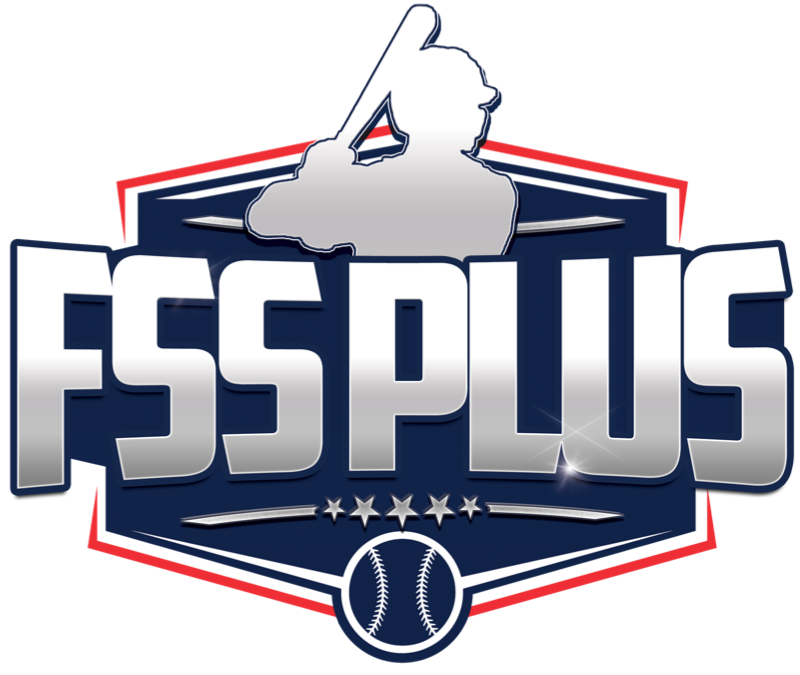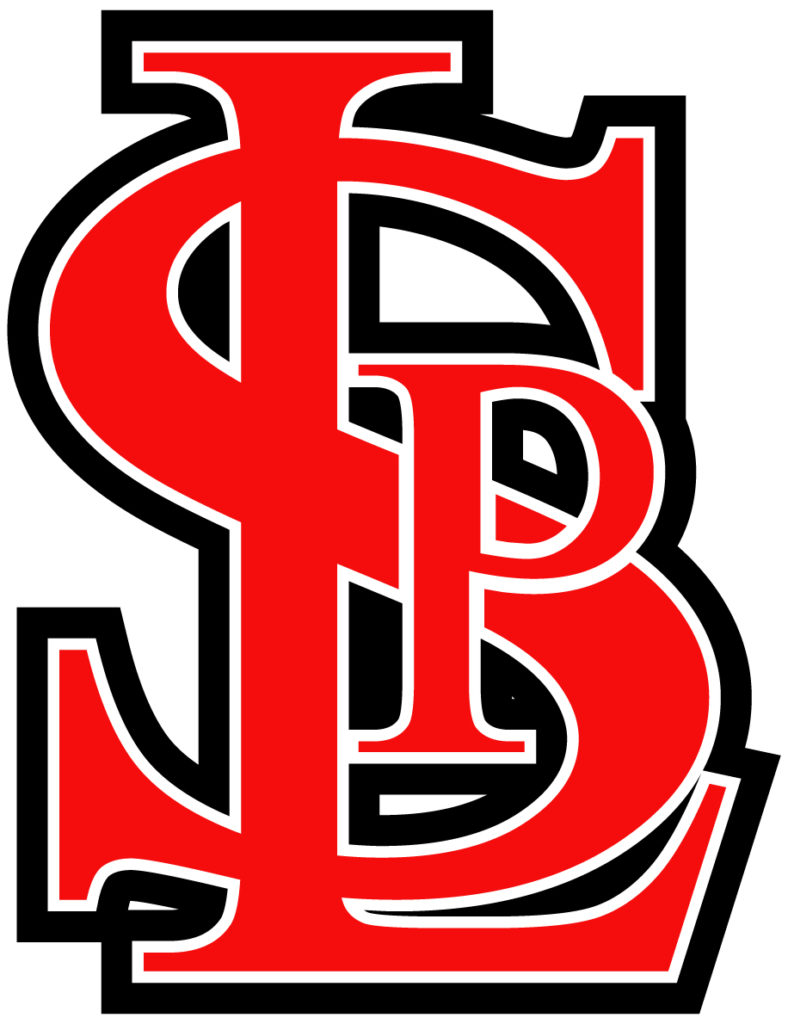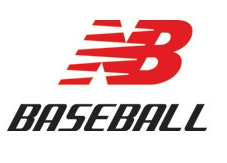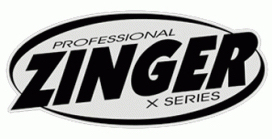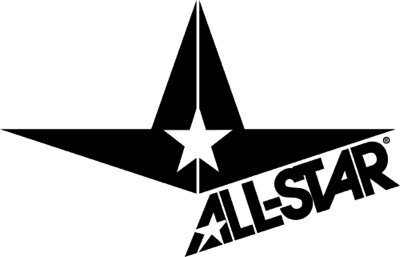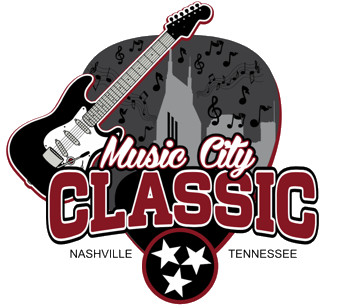At first, Rick Strickland was just looking for a way to give back to a community that helped him put together a solid professional career as an outfielder in the New York Yankees organization.
Over two decades later, he finds himself at the helm of one of the premier programs when it comes to player development in youth baseball, the St. Louis Pirates.
“The genesis of getting into coaching, it wasn’t something that I initially wanted to do,” Strickland admits to FutureStarsSeries.com
“I did have some younger cousins that were involved in high school baseball back in the early 90’s, and I remember I was sitting on the sidelines and trying to piece my life together after pro ball, and one of the dads asked me if I would coach. I coached a little rec league team, and enjoyed it. They asked me to do it with a select team the next year in ’94, and we had tremendous success with it, so other dads started asking me to do it. It wasn’t anything that was planned out, I was just volunteering my time and just doing it. It was wanting to offer something back to the community, and even to this day, it’s grassroots, which goes back to community service. The Pirates weren’t put together as a business, it was a community involvement to give back. Some of these people when I was coming up were supportive of me and taking me places and spending their money and resources that they had just to see that I was able to be successful in the game.”
Since then, the Pirates, the newest partner program of the New Balance Baseball Future Stars Series powered by Program 15, have evolved.
Oh, have they evolved.
As that grassroots-movement grew and grew, so did the talent level of the players they were able to attract.
The Pirates have seen dozens of alumni taken in the MLB Draft – included are first-rounders Jake Odorizzi, Jon Harris and Kyle Parker as well as notables like Cody Asche and Mitch Keller – and seemingly countless players commit to colleges all across the country.
“The biggest thing we’ve done is we’ve been very blessed to have some really good players,” Strickland said.
“It’s not that we go out and scour the country looking for those players, our basis has always been if we get a player, we’ll put everything we can into that player to make him better. Our involvement from the very inception was to coach, research and do things like that. As we got more talented players, it was easy to for us to become identifiable through the recruitment channels and through the club channels by the caliber of players we had. So, when that goes out and we get people committing to schools, there’s that grassroots-movement where people start talking about it. You want to do what’s right for the kid. It’s not cheap to do, sure, but I think people understand it all goes back into making sure the player is as good as he can possibly be.”
However, when asked what he’s the most proud of over his two-plus decades at the helm of the Pirates, that didn’t come up. While some might use the opportunity to brag about the amount of players who’ve come through his doors that he’s sent to professional careers, Strickland instead chose to look at the amount of lives his program’s been able to impact, regardless of whether they made it to the big leagues or never played again past their time in St. Louis.
“Collectively, you look over the years at all the kids you helped and that you’ve had some involvement with,” he said. “When we started to have some success, I would always ask myself, ‘Is it our program that’s really having this profound effect or is it the actual kid?’ I sat back and looked at it, and there would be these kids in their senior years that were in American Legion ball or some house league or something like that, and they didn’t have any opportunities to play college ball and nobody was recruiting them. But then, when they came here, those activities started to happen.
“When I look back at it over the years, the two things we’ve done is we’ve helped make kids better and we’ve had a positive influence in the community. More importantly, when you look at the list of players who’ve come through the program and how we’ve been able to help them move on to the next level with college baseball and in some instances, pro ball, that’s what really speaks. A great deal of the players who’ve come through here have gone on to extend their baseball career, and that’s really how we keep score. It isn’t how much money we make or how many wins or losses we get, we measure it by how many lives we actually impact.”
It was that philosophy, as well as an incredible devotion to player development, that led Strickland and NBBFSS/P15 CEO Jeremy Booth to start talking about their eventual partnership.
“I met Jeremy in Jupiter in 2012, and he was working as a scout for the Mariners watching a couple of our guys throw,” Strickland recalled. “We exchanged business cards at that time, but I stumbled across him this past year at the ABCA and he was talking about what he was doing with P15. I’ve always been trying to create relationships with people who are trying to push the game in the development part and the mentorship part with players in a different direction, people who are real. Talking to him, he was saying things I’d already been saying, but not motivated enough to do on my own. He was trying to do those things. What you want to do is align yourself with people who are like-minded, and that’s why I said we were going to take a chance and partner up with Program 15 and see where it takes us. Since then, he’s started alliances with people that we know, sort of the grandfathers of this whole thing. He’s starting to get those programs aligned on Program 15, and that’s good.”
You’ll likely see Strickland field teams at the upcoming National Tournaments in Cypress, Texas in late June and July, 2019. Whether it be his program’s innovations with technology – especially in being one of the first in the country to utilize the Hittrax system – or unique approach to an elite training regimen, the fruits of the labor that comes from that attention to detail with player development will surely be on display.
“I can tell you that from our standpoint, when it comes to development, that’s all our program is. Our focus isn’t so much on the baseball aspect of it…from the traditional method of teaching kids how to play baseball, we were past that five years ago,” Strickland said.
“When Jeremy was talking about the training and development stuff, I’ll be honest, I’m already there. People come to us for development ideas and technology and stuff you can use to help develop your kids, so we already had a good foundation with that. I’d had a lot of relationships with these companies that Program 15 was looking at, so this was a natural fit. From the development side, that’s the number one thing we think that we’re good at. Players get developed, and it’s different than some of the other programs, even in our area. We know that we’ve inspired other programs to come out and do things. Any time you can find people who are really dedicated to the development side, that’s a natural fit for me.”
The feeling is certainly mutual.
“Rick Strickland and the St. Louis Pirates are a staple of amateur baseball in the Midwest,” Booth said. “They’ve earned their national rep through dedication to player development and a no fear approach to helping players in progressive ways. They embody “Fearlessly Independent” and we get better having both Rick personally and the Pirates organization as a partner program. The scout day we held in St. Louis was a huge success, and they’re loaded with prospects. We can’t wait to see them in Houston.”
